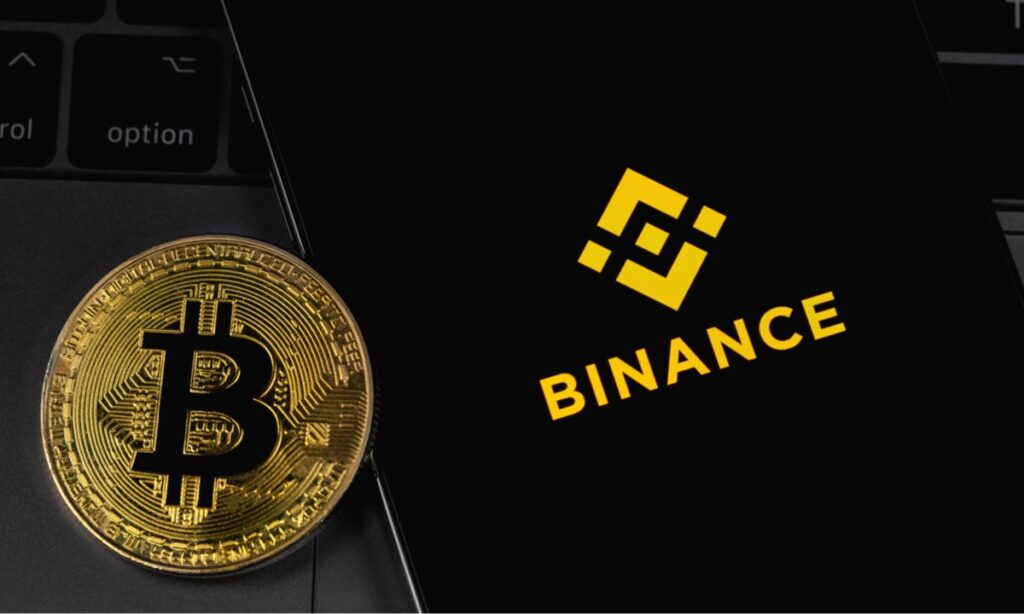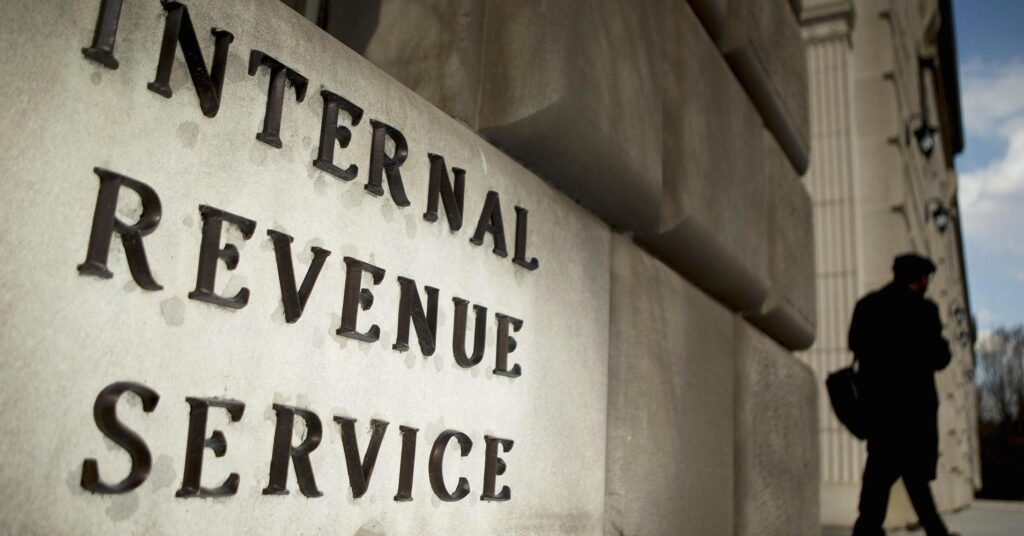Binance is reportedly aiding in the investigation of a malicious attack on Turkish cryptocurrency exchange BtcTurk, resulting in the freezing of over $5 million in stolen funds, according to Binance CEO Richard Teng.
“Binance is assisting BtcTurk with investigations and have frozen over $5.3M in stolen funds so far,” Teng shared in a June 22 X post.
BtcTurk disclosed on its website that the attack primarily targeted holdings in hot wallets, which are internet-connected software-based crypto wallets.
While hot wallets facilitate frequent transactions, they are more susceptible to cyberattacks compared to offline cold storage.
“Only a portion of the balances of 10 cryptocurrencies in our hot wallets were affected by this cyber attack, while the majority of assets held in our cold wallets remain secure,” stated BtcTurk in a June 22 announcement, translated from Turkish.
The exchange boasts over five million users.
Teng also informed his 299,800 followers on X that Binance would provide updates as more information becomes available.
READ MORE: Top Asset Managers File Revised Proposals for Ethereum ETFs with SEC, Eye July Launch
“Our investigations & security teams work around the clock as part of our proactive efforts to protect the ecosystem from bad actors.
“We will provide further updates as relevant,” Teng stated.
Blockchain investigator ZackXBT commended Binance for its community support during security breaches.
“Binance gets crucified by the media when in reality their security team generally does more for victims + goes out of their way to assist in incident response,” ZackXBT posted on June 22.
BtcTurk’s CEO Özgür Güneri has not publicly commented on X regarding the incident.
This event follows closely on the heels of another incident where Swiss-based crypto exchange Lykke halted withdrawals after an exploit on June 4.
Blockchain security researcher SomaXBT accused Lykke of attempting to conceal the breach, stating, “@lykke CTX got exploited and lost $19.5 million worth crypto assets but the team is still trying to hide this fact.”
Cointelegraph has reached out to BtcTurk for comment but did not receive a response at the time of publication.
To submit a crypto press release (PR), send an email to sales@cryptointelligence.co.uk.










